Market Trends
Key Emerging Trends in the Niobium Capacitor Market
The Niobium Capacitor Market is witnessing several key trends that are shaping the industry's trajectory. One prominent trend is the increasing demand for miniaturization in electronic devices. As technology advances, there is a growing need for smaller and more efficient components, and niobium capacitors are emerging as a solution to meet these requirements. The trend towards smaller form factors is driven by the desire for sleeker and more portable electronic gadgets in industries such as consumer electronics, wearables, and automotive.
Another significant trend in the Niobium Capacitor Market is the focus on high-performance applications. As electronic devices become more sophisticated, there is a rising demand for capacitors with enhanced performance characteristics. Niobium capacitors, with their ability to provide high capacitance in compact sizes, are increasingly being adopted in applications that require superior performance, such as aerospace, medical devices, and industrial equipment. This trend reflects the industry's commitment to delivering cutting-edge technology to meet the evolving needs of various sectors.
The market is also experiencing a trend towards increased energy efficiency in electronic devices. Niobium capacitors, known for their low Equivalent Series Resistance (ESR) and low leakage current, contribute to the overall energy efficiency of electronic circuits. With a growing emphasis on sustainable and energy-conscious practices, manufacturers are incorporating niobium capacitors to enhance the efficiency of devices, reduce power consumption, and comply with energy efficiency standards.
Additionally, there is a notable trend towards the integration of advanced materials in niobium capacitor manufacturing. Innovations in materials science and engineering have led to the development of new dielectric materials and electrode technologies, improving the overall performance and reliability of niobium capacitors. These material advancements contribute to the industry's ability to offer capacitors with better stability, longer lifespans, and improved temperature tolerance.
The rise of Internet of Things (IoT) devices is another influential trend in the Niobium Capacitor Market. With the proliferation of connected devices in smart homes, industrial automation, and healthcare, there is a growing demand for capacitors that can meet the unique requirements of IoT applications. Niobium capacitors, with their compact size, high capacitance, and reliability, are well-suited for IoT devices, driving a trend towards their increased adoption in this rapidly expanding market segment.
Furthermore, sustainability is becoming a prominent trend in the Niobium Capacitor Market. Manufacturers are increasingly focusing on environmentally friendly practices, such as recycling initiatives and the use of eco-conscious materials. This trend aligns with the broader industry shift towards green technologies and reflects a growing awareness of environmental responsibility among consumers and businesses alike. Manufacturers incorporating sustainable practices not only contribute to environmental conservation but also position themselves favorably in the eyes of environmentally conscious consumers.
Lastly, the market is experiencing a trend towards strategic collaborations and partnerships. Companies are recognizing the value of forming alliances with other industry players, research institutions, and technology partners to leverage collective strengths and accelerate innovation. Collaborations enable manufacturers to access new technologies, share resources, and expand their product portfolios, ultimately fostering growth and competitiveness in the Niobium Capacitor Market.


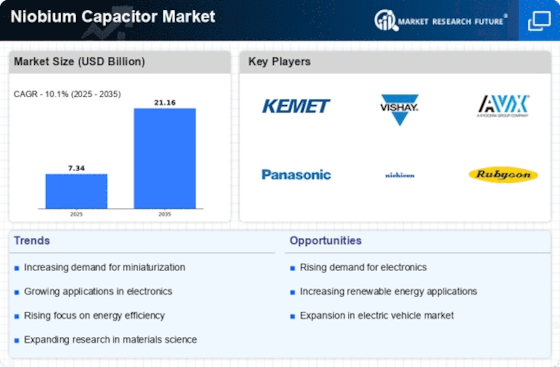
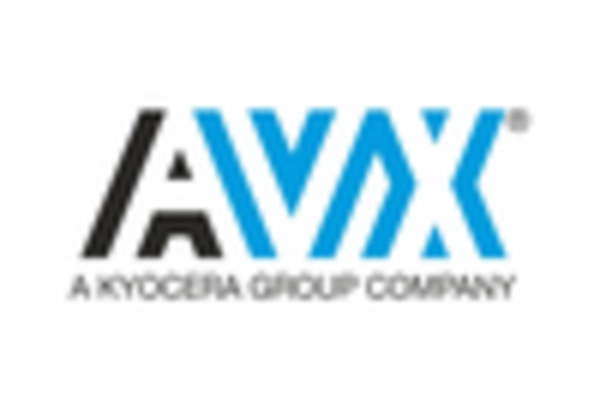
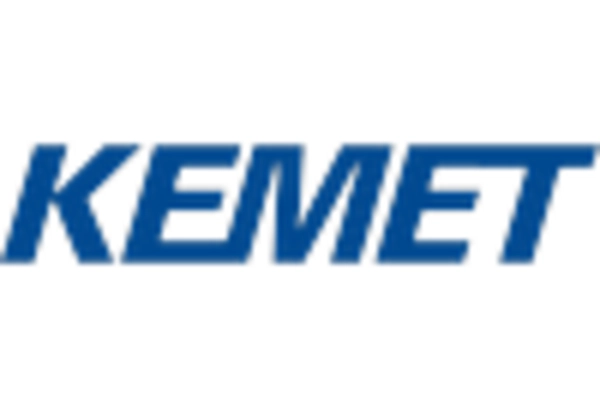
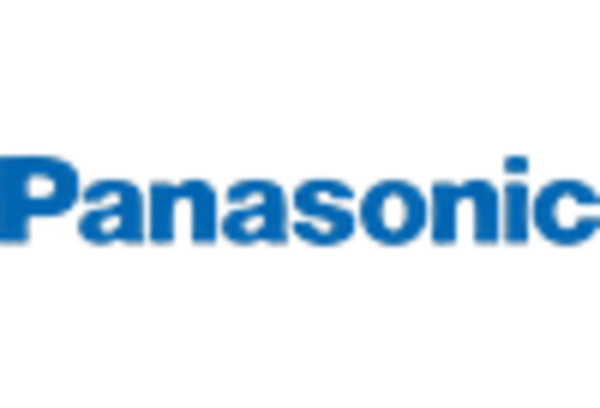
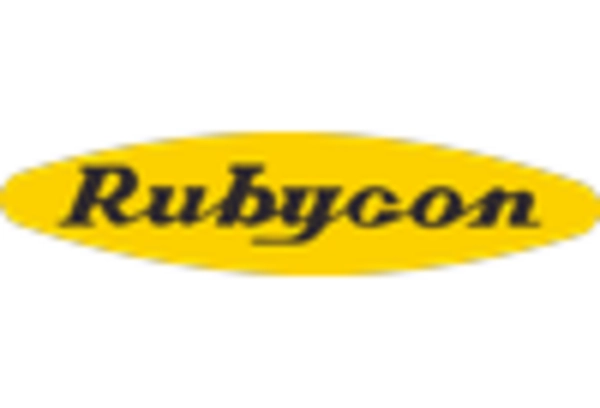
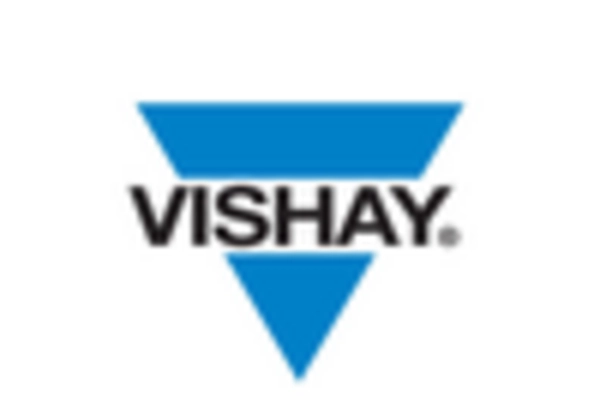










Leave a Comment